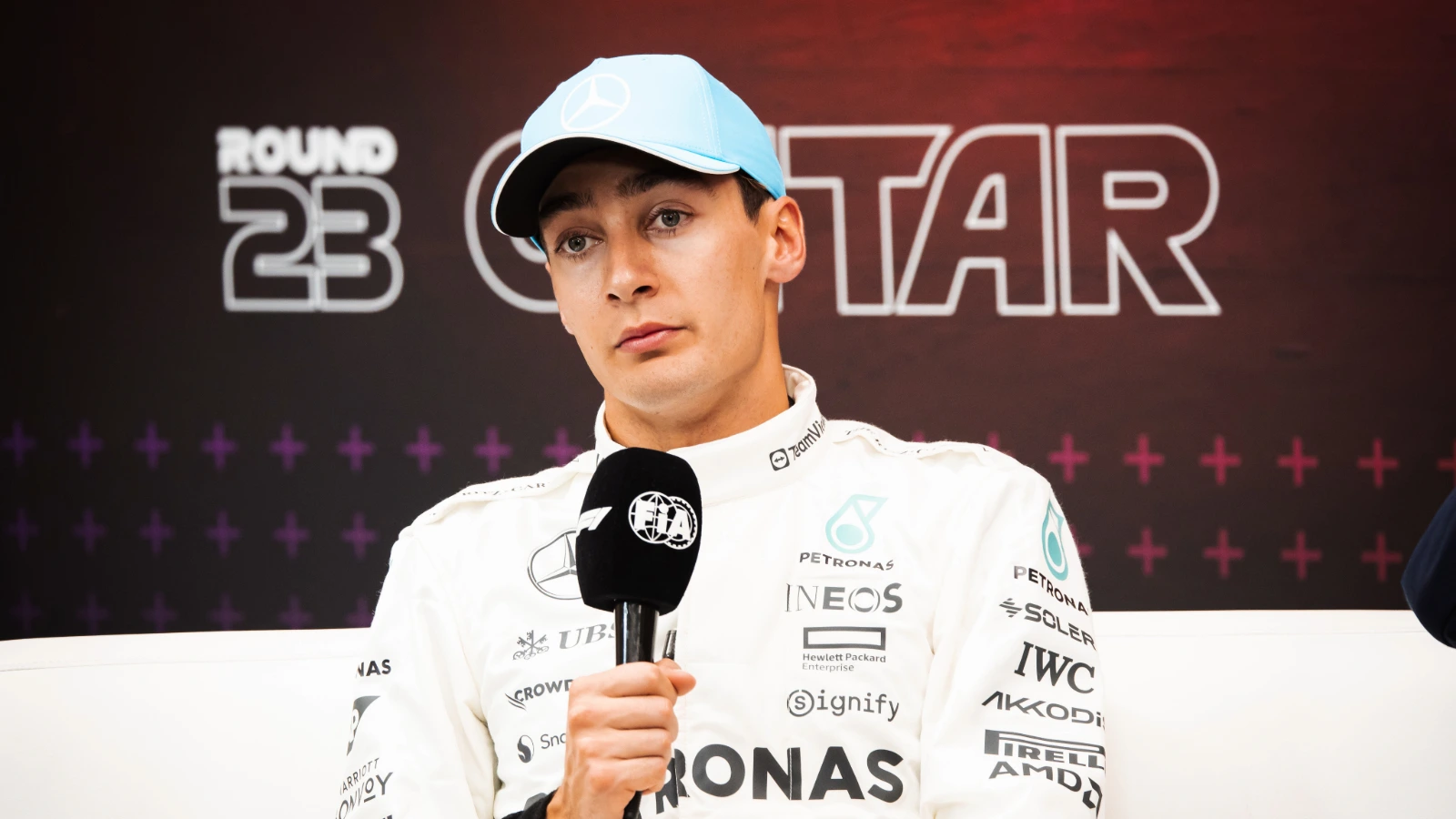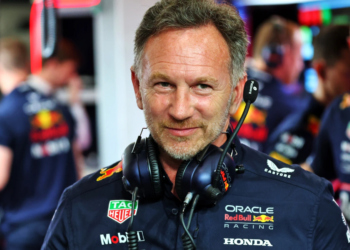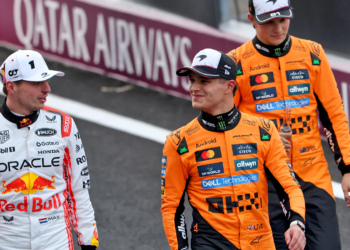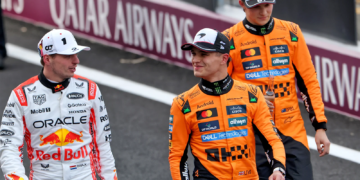The FIA has defended itself regarding accusations from GDPA director, George Russell, of how it allocates the money collected from the fines of Formula 1 drivers.
In 2024, F1 saw a significant increase in driver sanctions that included fines, with the total amount exceeding over a quarter of a million pounds for over 50 offences.
The Grand Prix Drivers’ Association addressed a public open letter to the FIA after the Sao Paulo Grand Prix to voice its concerns.
The statement came after comments made by FIA president Mohammed Ben Sulayem on drivers swearing and the treatment of Max Verstappen after he swore in a press conference.
Russell voiced his concerns after the FIA failed to address the letter, complaining of a lack of “transparency” into where the money from fines goes.
Nikolas Tombazis, the FIA’s head of single-seater racing, responded to the criticism from Russell and his fellow racing drivers in a recent interview.
“The FIA is not a profit-making organisation,” Tombazis told Motorsport.com.
“We don’t have shareholders who are looking at some numbers in the stock exchange and hoping for share price to go up or get more dividends or anything like that.
“I think this question is sometimes slightly influenced by the emotions of the moment, of whatever fine is being discussed and so on.
“I realise that anyone who is paying a fine is always slightly annoyed about it and may feel somewhat aggrieved, but for sure there are so many different levels of projects that you can never come to the conclusion that this money is somehow spent for Christmas parties and so on.
“The amount of money spent in grassroots vastly exceeds the fines accumulated, which I think indicates that anything that goes in there will have a positive impact.”
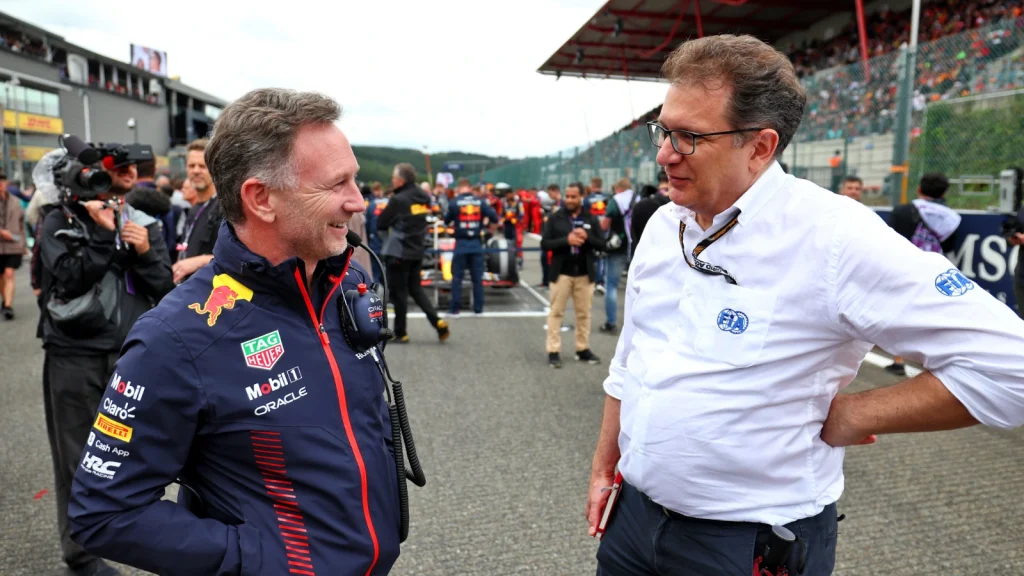
Tombazis: F1 Driver fines go into ‘other initiatives’ run by the FIA
Russell’s comments referred back to the promises made during the FIA presidential elections about how the governing body would support grassroots racing.
But Tombazis stressed that the money gained from driver sanctions only goes into initiatives like supporting lower-level motorsport categories such as karting.
“What I can say with absolute certainty is that fines of drivers in one sport don’t subsidise another sport or another category or something like that,” he added.
“If you look at other initiatives, whether it is our campaigns, like the one about online abuse and all the grassroots we’ve been talking about before, or safety projects, I believe are noble ways of spending such money.
“And this money does contribute to that.
“There’s about €10.3 million spent on grassroots, for many clubs, for many countries, just to promote a range of projects of early motorsport activity, and I think that is very important.”
The former F1 car designer went on to add that all the investment is vital in nurturing the future talent of the sport.
“Ultimately, I think the health of F1 is largely dependent on the overall appeal of motorsport,” he explained.
“It’s not just having an exciting GP, but it’s also having more people who generally even do some relatively low level of grassroots level of motorsport in their country.
“I think that’s going to be ultimately beneficial for Formula 1.
“The other part, of course, is in order to select drivers for the future, how drivers can grow into the ladder and have the opportunity to do so even if they’re maybe not coming from a wealthy family, for example.
“That is what is ultimately the key aim.”
READ MORE: FIA steward: Mohammed Ben Sulayem ‘wants the best for everyone’ in F1

